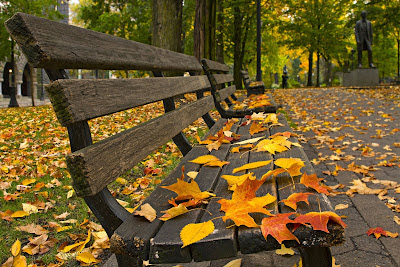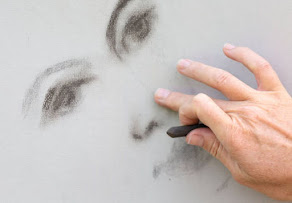According to the 2006 General Social Survey, which has tracked gun ownership since 1973, 34% of American homes have guns in them. This statistic is sure to surprise many people in cities like San Francisco – as it did me when I first encountered it. (Growing up in Seattle, I knew nobody who owned a gun.)Hear, that Barack? Gun owners earn an average of 32% more than non-owners. (I can attest to that! You generally don't start purchasing firearms until after you have above average disposable income. Most guns ain't cheap!)
Who are all these gun owners? Are they the uneducated poor, left behind? It turns out they have the same level of formal education as nongun owners, on average. Furthermore, they earn 32% more per year than nonowners. Americans with guns are neither a small nor downtrodden group.
Nor are they "bitter." In 2006, 36% of gun owners said they were "very happy," while 9% were "not too happy." Meanwhile, only 30% of people without guns were very happy, and 16% were not too happy.Hear that? Some of those "poor, bitter boobs" you are disparaging are Democrats! (Let me know how that works out for you in the PA primary!)
In 1996, gun owners spent about 15% less of their time than nonowners feeling "outraged at something somebody had done." It's easy enough in certain precincts to caricature armed Americans as an angry and miserable fringe group. But it just isn't true. The data say that the people in the approximately 40 million American households with guns are generally happier than those people in households that don't have guns.
The gun-owning happiness gap exists on both sides of the political aisle. Gun-owning Republicans are more likely than nonowning Republicans to be very happy (46% to 37%). Democrats with guns are slightly likelier than Democrats without guns to be very happy as well (32% to 29%). Similarly, holding income constant, one still finds that gun owners are happiest.
Why are gun owners so happy? One plausible reason is a sense of self-reliance, in terms of self-defense or even in terms of the ability to hunt their own dinner.So, self reliant people tend to be happier, and less self reliant people tend to be...Democrats?
Many studies over the years have shown that a belief in one's control over the environment dramatically adds to happiness. Example: a famous study of elderly nursing home patients in the 1970s. It showed dramatic improvements in life satisfaction from elements of control as seemingly insignificant as being able to care for one's plants.
Cross posted at Say Anything








No comments:
Post a Comment